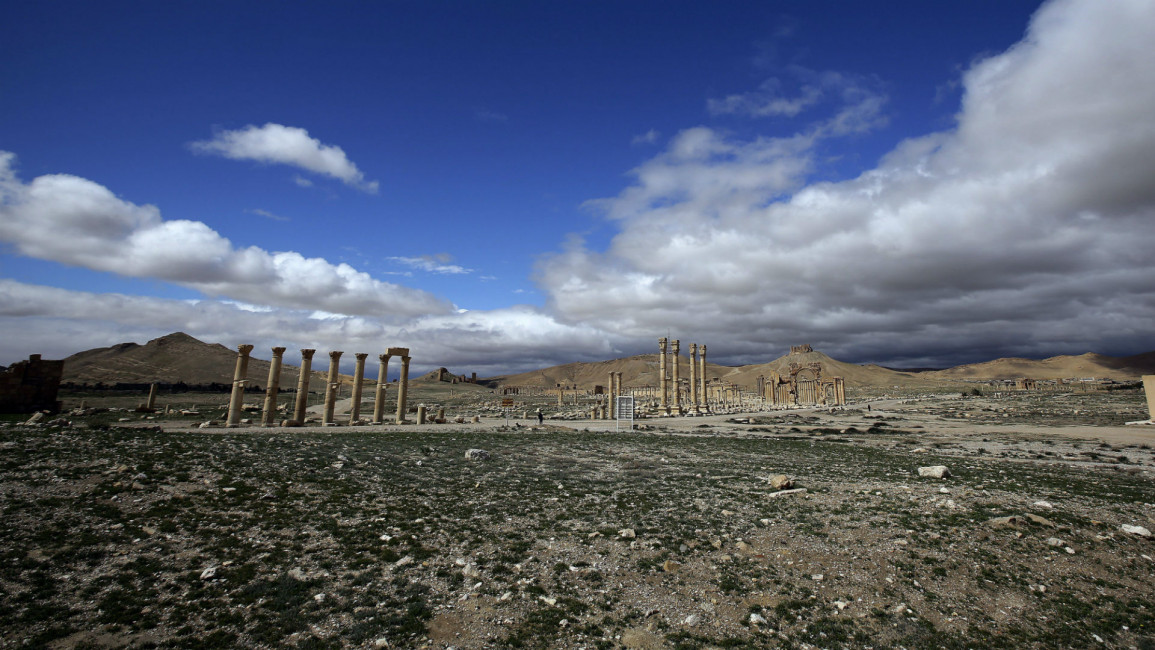IS destroys ancient Islamic mausoleums in Syria's Palmyra
Islamic State group fighters have destroyed two ancient Muslim mausoleums in the historic Syrian city of Palmyra, the country's antiquities director said Tuesday.
IS militants blew up the tombs of Mohammed bin Ali, a descendant of the Prophet's cousin, and Nizar Abu Bahaaeddine, a religious figure from Palmyra, three days ago, said Maamoun Abdulkarim.
Bin Ali's burial place is located in a mountainous region four kilometres (almost three miles) north of Palmyra, in central Syria.
| IS has destroyed at least 50 mausoleums dating between 100-200 years old in regions under its control. |
Photos published by IS depicted two armed men carrying cannisters, apparently filled with explosives, walking up the rocky hill to the site.
Abu Bahaaeddine's tomb, nestled in a leafy oasis about 500 metres (yards) from Palmyra's ancient ruins, is said to be more than five centuries old.
IS has destroyed at least 50 mausoleums dating between 100-200 years old in the regions under its control in north and east Syria, the antiquities director said.
"They consider these Islamic mausoleums to be against their beliefs, and they ban all visits to these sites," Abulkarim said.
Ten days ago, fighters from the jihadist group also destroyed a number of tombstones at a cemetery for Palmyra residents, Abulkarim told AFP.
"All tombs with marble designs were destroyed. For them, graves should not be visible," he said.
The extremist group captured Palmyra, a renowned UNESCO World Heritage site, from pro-government forces on 21 May.
At the weekend, IS fighters mined the city's ancient site, renewing fears they would demolish the famed ruins as they have other historic sites in Iraq.
Syria's army has advanced in recent days west of the city, near key oil and gas fields.



